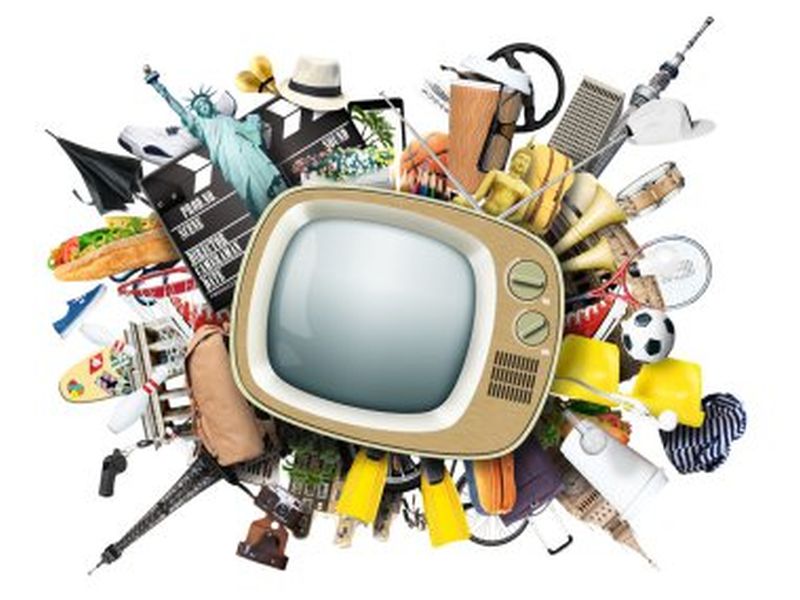
Soccer Broadcasting and Social Impact: Measuring the Influence of Sports Coverage on Society
Soccer is the most popular sport in the world, with an estimated 4 billion fans globally. This popularity has led to its widespread broadcasting across various media platforms, from television to social media. As a result, soccer has become a powerful tool for communication and has a significant impact on society.
Broadcasting of soccer matches is not just about entertaining fans; it also serves as a platform for addressing important social issues and influencing societal change. The influence of sports coverage on society can be measured by looking at how it affects people’s perceptions, behaviors, and attitudes towards issues such as gender equality, diversity, and social inclusion.
One way in which soccer broadcasting impacts society is by promoting gender equality. Soccer has traditionally been dominated by men; however, in recent years there has been an increasing push for women’s involvement in the sport both on and off the field. This shift is reflected in media coverage of women’s soccer matches which have become more prominent than ever before. By featuring female athletes and promoting their achievements, sports coverage challenges traditional gender roles and stereotypes.
In addition to promoting gender equality within the sport itself, soccer broadcasting also influences societal perceptions of gender roles outside 해외스포츠중계 of sports. With increased visibility comes greater acceptance of female athletes as strong, talented individuals who are just as capable as their male counterparts. This can have a ripple effect on how women are viewed in other areas such as the workplace or personal relationships.
Soccer coverage also plays a role in promoting diversity and social inclusion through its portrayal of players from different backgrounds. By showcasing players from diverse ethnicities or nationalities playing together for one team or league, soccer broadcasts promote unity and inclusivity among viewers.
Furthermore, sporting events often serve as a platform for political statements or messages related to important social issues such as racism or discrimination. For example, during the 2020 UEFA European Football Championship (Euro 2020), players displayed “no racism” banners before every match in response to the anti-racism protests happening globally. This kind of action sends a powerful message to viewers and has a significant impact on societal attitudes towards these issues.
Soccer broadcasting not only influences societal perceptions and behaviors but also serves as an important source of entertainment for many people. With the widespread use of social media, sports coverage has become more accessible and interactive than ever before. Fans can now engage with their favorite teams, players, and fellow fans in real-time, creating a sense of community and belonging.
In conclusion, soccer broadcasting has a significant influence on society by promoting gender equality, diversity, social inclusion, and addressing important issues through its coverage. As technology continues to advance and media platforms evolve, the impact of sports coverage on society is likely to increase even further in the future. With this power comes responsibility for broadcasters to use their platforms ethically for positive social change.


